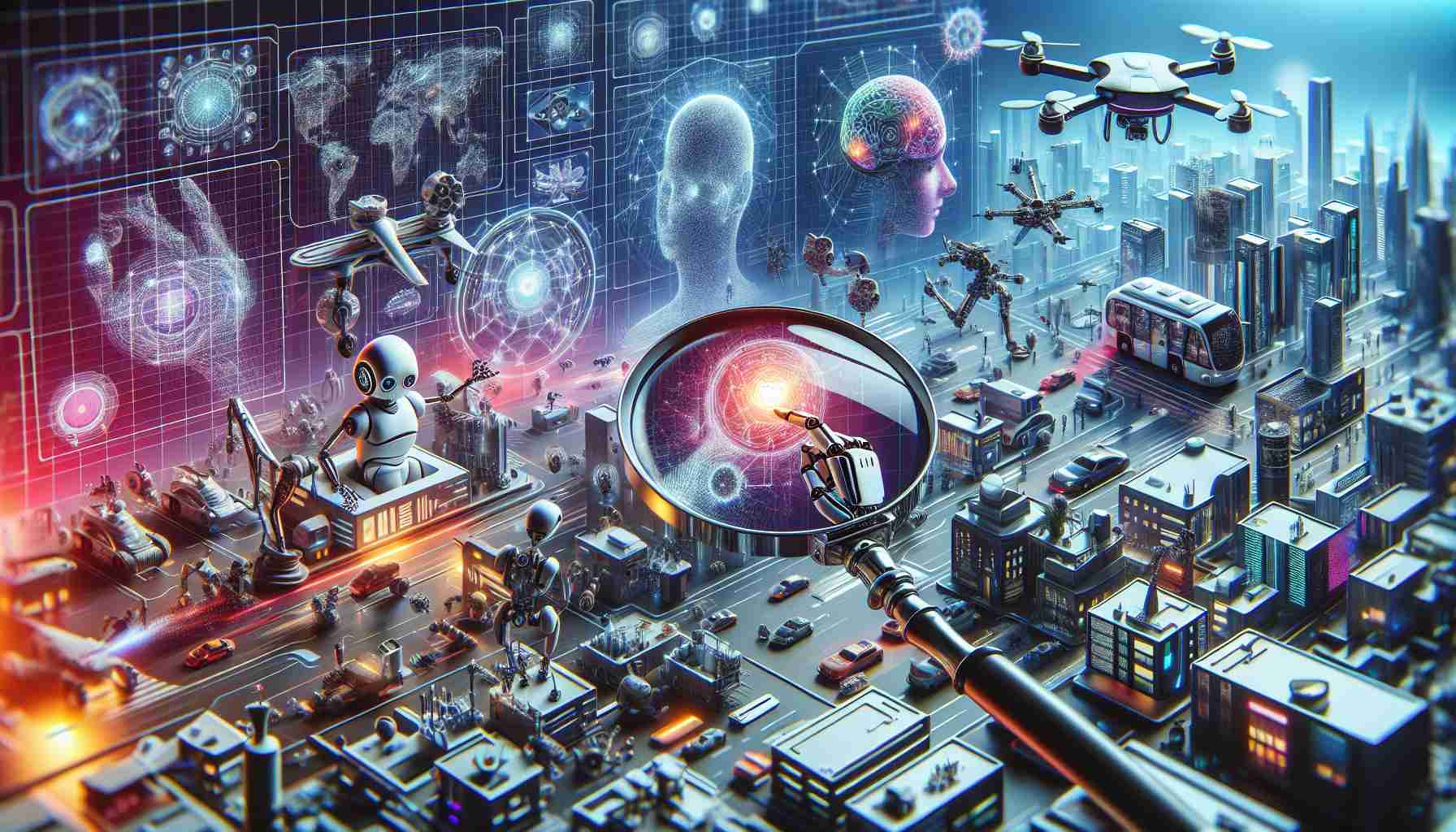The iPod, Apple’s once-revolutionary music player, holds a cherished place in the history of technology. Launched in October 2001, the original iPod transformed the way we listened to music, offering the portability of over 1,000 songs in a sleek device that fit comfortably in the palm of your hand.
The iPod lineup went through various transformations—from the iPod Mini to the iPod Nano, iPod Shuffle, and the iPod Touch, each iteration introduced new features, sizes, and storage capacities. Yet, at its core, each iPod did one thing exceptionally well: it played music on the go with seamless simplicity.
In today’s world, dominated by smartphones that integrate a multitude of functionalities, one might ask, “Why revisit an iPod?” The answer lies in its dedicated purpose and charming nostalgia. The iPod embodies an uncomplicated audio experience, free from the distractions of notifications, apps, and connectivity issues. It continues to captivate audiophiles and tech enthusiasts who appreciate the purity of a single-purpose device.
Collectors and vintage tech aficionados actively seek out early iPod models, maintaining a thriving secondary market. This resurgence highlights a growing trend: a desire for gadgets that do one thing exceptionally well without the noise of over-connectivity.
While Apple has officially discontinued the iPod line as of May 2022, its legacy remains influential in how we perceive and engage with digital music. As nostalgia meets practicality, the iPod’s enduring appeal serves as a reminder of tech innovations that have shaped contemporary digital culture.
Why the iPod Still Matters: A Legacy Beyond Music
As technology advances at lightning speed, some devices are never forgotten—like the iPod, Apple’s iconic music player. While the iPod itself is often highlighted for revolutionizing portable music experiences, its broader cultural impact is less frequently discussed.
How Did the iPod Influence Other Industries?
Beyond transforming music, the iPod catalyzed shifts in various sectors. Its success prompted the film and television industry to explore online distribution, setting the stage for platforms like Netflix and Spotify to flourish. Before these services dominated the media landscape, the iPod had already familiarized consumers with digital content consumption, blazing a trail for streaming services.
Is There a Community Preserving This Piece of Tech History?
Yes, indeed. A passionate community of hobbyists and collectors who refurbish and modify old iPods is expanding. Some enthusiasts even customize their devices with larger storage, Bluetooth capabilities, and fresh batteries, effectively bringing the classic iPod into the modern age. This community not only preserves technology but also promotes sustainability by reducing electronic waste.
What Are Collectors Willing to Pay?
Surprisingly, prices for vintage iPod models can surge to impressive amounts on auction and specialty sites. Original models or rare editions have fetched prices upward of several thousand dollars, underscoring cultural value transcending mere functionality.
The iPod’s Educational Influence
Educational sectors have utilized the iPod’s simplicity and portability as a tool for learning, particularly in language acquisition and music education. Isolating audio experiences without distractions enhances focus and retention, an often-overlooked benefit of a single-purpose device.
While the iPod may no longer be in production, its legacy endures, shaping various sectors and reinforcing the value of focused functionality in an ever-connected world. For more information, explore the world of tech evolution at Apple’s official site or delve into audio innovations at Spotify.
























